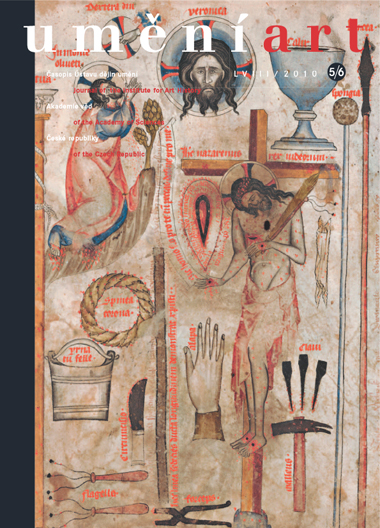Jindřich Vybíral
Durch die Gunst der "Alten" - wider den Willen der "Modernen". Dokumente zur Berufung Otto Wagners an die Akademie der bildenden Künste in Wien
The Austrian State Archive in Vienna houses two remarkable documents pertaining to the appointment of Otto Wagner as professor at the Academy of Fine Arts in Vienna in 1894, and they shed light on the circumstances surrounding the formation of one of the most modern schools of architecture in the world. The first is a record of proceedings from the meeting of the professorial committee that proposed Wagner's appointment. That document contains a list of requirements for the post of future professor and argues in favour of appointing Otto Wagner. The second and previously unknown document is a letter from students of the former Hasenauer school to the education ministry. With a view to preserving the 'Renaissance' orientation of the school they were in favour of appointing not the proposed candidate but the long-term assistant to the deceased professor, Bruno Gruber. This petition is especially remarkable in that its signatories include many important students or collaborators of Otto Wagner, foremost among them Josef Hoffmann and Josef Urban. The editor of the published documents tries to answer why a committee made up of conservative professors ultimately chose Otto Wagner. Did his contemporaries truly regard him as the legitimate heir to the constructing barons of the Ringstraße era, as, for instance, Otto Antonia Graf believed, or is this an example of later metaphors being projected onto our image of the past? The documents from the Austrian ministry offer only a partial response to this question, as they contain no evidence of backroom negotiations or intervention from the authorities. However, it can be said that the representatives of the Academy consciously opted not merely to uphold tradition but to make an energetic innovation. Conversely, the second document shows that at a key moment the future representatives of early Viennese modernism showed themselves to be more conservative than the old court counsellors and qualifies the image of the Wagner school as 'an exclusive clan', unconditionally loyal to their teacher.
Full-text in the Digital Library of the Czech Academy of Sciences:
https://kramerius.lib.cas.cz/uuid/uuid:7414ce7e-af20-d13b-0a10-931478fa4a7c
< back

